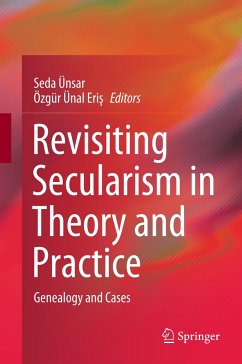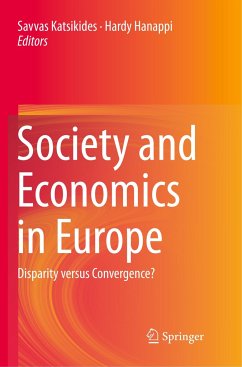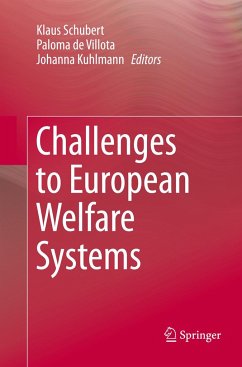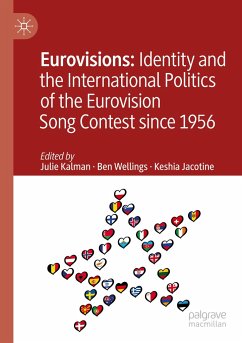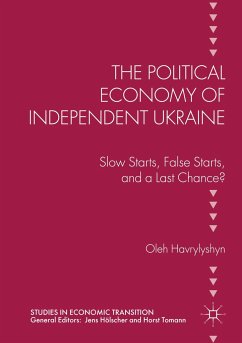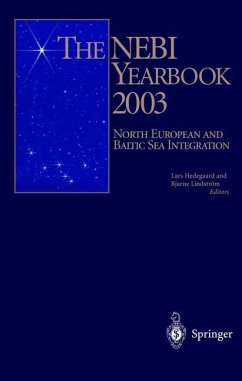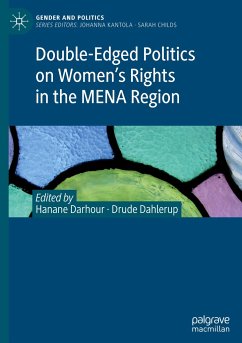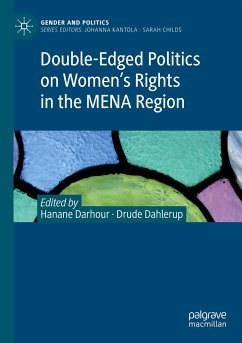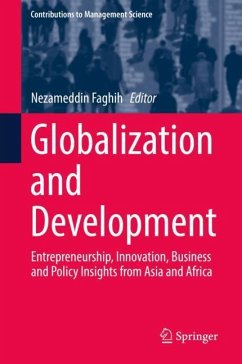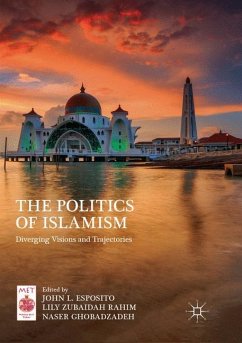
Revisiting Secularism in Theory and Practice
Genealogy and Cases
Herausgegeben: Ünsar, Seda; Ünal Eris, Özgür
Versandkostenfrei!
Versandfertig in 6-10 Tagen
53,49 €
inkl. MwSt.

PAYBACK Punkte
0 °P sammeln!
This book offers a philosophical and macro-historical analysis of secularism, supported by an investigation of various contemporary cases. Starting with an in-depth theoretical discussion of the meaning of secularism, it subsequently presents a historical study on the secularization of norms and identities in Europe. The respective case studies cover topics such as the epistemologies of secularism, liberalization and embedded secularism, the relationship between modernity and secularism, the socio-anthropology of secularism, Turkish modernization as a cultural revolution, the political economy...
This book offers a philosophical and macro-historical analysis of secularism, supported by an investigation of various contemporary cases. Starting with an in-depth theoretical discussion of the meaning of secularism, it subsequently presents a historical study on the secularization of norms and identities in Europe. The respective case studies cover topics such as the epistemologies of secularism, liberalization and embedded secularism, the relationship between modernity and secularism, the socio-anthropology of secularism, Turkish modernization as a cultural revolution, the political economy of secularism in Turkey, and the secular rationale of the EU neighborhood policy.





